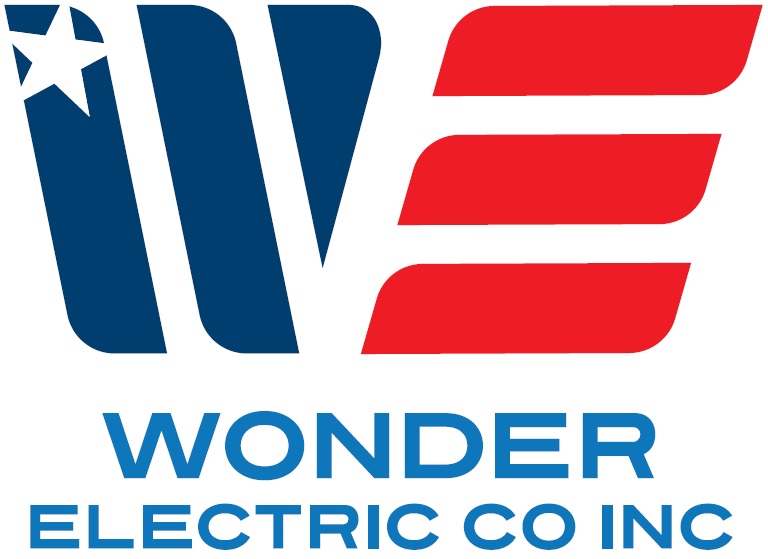To plug into the grid or to not plug into the grid? For many homeowners looking to install solar panels, this is a vital question to answer. There are advantages and drawbacks to both. With proper understanding and planning, it’s possible to minimize stumbling blocks while maximizing benefits. So if you’re wondering how do off grid solar kits work, read on.
Meanwhile, folks building houses and other facilities far from town may find that the grid simply isn’t an option. Either way, solar panels could offer reliable, affordable energy to millions of Americans regardless of whether they plug into the grid or not. Not sure how solar panel systems work without plugging into the grid? No worries, we’ll shed light.
Grid Versus Off-Grid Systems
Most Americans (among other nationalities) rely on the electrical grid to provide electricity. Electricity is produced at a facility, say at a hydroelectric dam or a nuclear power plant, and is then delivered to homes and other buildings via a system of powerlines and other equipment that make up the power grid.
Meanwhile, many solar panel systems also connect to the grid. If the solar panel system generates excess energy, it can be sent through the grid, often netting homeowners’ money in the process. If the solar panel system isn’t enough to power the home, the homeowner can draw electricity from the power grid so long as the said dwelling is connected to the grid.
So how does an off-grid solar power system work? Off-the-grid electricity systems do not connect to this grid and instead are completely separate. Many homeowners strive to break free from the grid altogether, getting all their electricity through solar panels and other off-grid energy systems.
Where Does Excess Electricity Go?
If a solar panel is plugged into the grid, it’s often possible to send the excess electricity to the grid. Homeowners may even get paid for doing so. With off-grid systems, this isn’t possible. Instead, many homeowners use electricity that isn’t being consumed immediately to charge batteries.
Indeed, batteries are crucial for folks who want to break free from the grid completely. The sun always sets and at night solar panels won’t be able to produce much electricity. On cloudy days, electricity production will also drop substantially. If your home is off the grid, that means the lights might go out (along with all your other electrical devices).
If homeowners have energy stored in batteries, however, they can often keep the lights and everything else on. This way, homeowners can enjoy electricity day and night and on cloudy days too. That said, the batteries will eventually run out of charge, and recharging them can take a while.
Anyone looking to build a robust off-the-grid power system that provides consistent electricity 24/7 and 365 days a year must design and plan carefully while considering local weather conditions and other factors.
Ultimately, solar panels offer a way for many people to decouple from the grid, thus increasing self-reliance and providing other benefits too.
